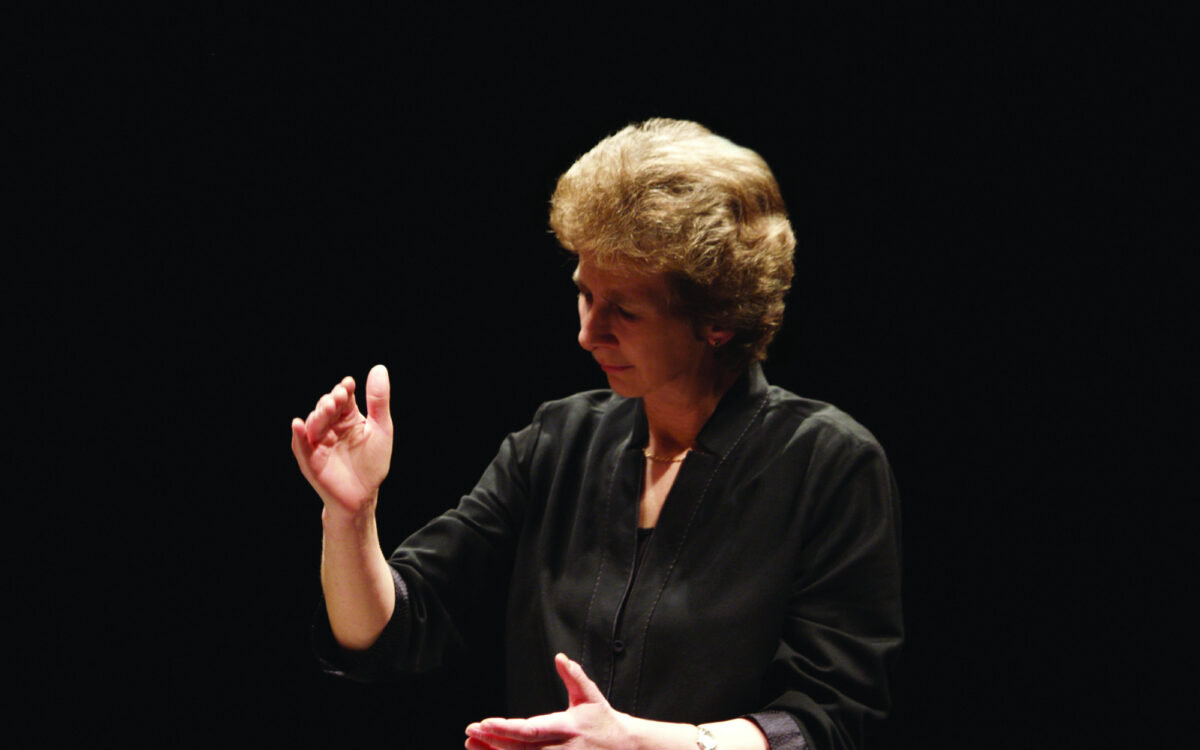Four Sea Interludes from Peter Grimes, Opus 33a
Composition and premiere: Benjamin Britten wrote his opera Peter Grimes on a commission from the newly formed Koussevitzky Foundation. It was first performed June 7, 1945, at Sadler's Wells, London, Reginal Goodall conducting. The Berkshire (Tanglewood) Music Center, for which it was commissioned, presented the first American production of the opera on August 6, 1946, Leonard Bernstein conducting.
It was during his self-imposed exile from England in the early years of World War II that Benjamin Britten chanced to read an article about the Suffolk poet George Crabbe (1754-1832) and sought a copy of Crabbe’s lengthy narrative poem, The Borough, which told of the lives of various inhabitants of an English seaside village. The encounter proved to be fateful, for it inspired Britten to compose the work that has been recognized for more than a half-century as the cornerstone of modern British opera, Peter Grimes.
To the poet, Peter Grimes was an unrelieved villain—a thief, drunkard, and brute of a fisherman who brought about the death of three consecutive apprentices. Montagu Slater’s libretto for the opera takes a somewhat different tack and makes an astonishingly sympathetic figure of this coarse fisherman, an effect that is greatly reinforced by Britten’s music. To Slater and Britten, Grimes is an outsider, a dreamer who longs to escape from the gossiping tongues of the village by marrying the widowed schoolmistress, Ellen Orford—but only when he has made enough of a fortune out of his fishing so that she will not take him out of pity. All their dreams, hopes, and plans shatter on the rock of Peter’s pride and his uncontrollable temper; the tragedy is unavoidable.
Throughout the opera the sea remains a constant, palpable presence, determining the daily rhythms of the villagers’ lives, bringing sustenance and income as well as hard work, danger, and death. The swell of the tides, the ripple of light on the waves, the flights of seagulls, the roar of ocean storms—these things pervade Britten’s score, nowhere more completely realized than in the several orchestral interludes that have long since become established as a self-sufficient orchestral suite from the opera. One of these interludes, the Passacaglia, is a musical picture of the title character; it is occasionally performed as part of the set.
The four “Sea Interludes” provide different musical portraits of the presence that surrounds and dominates life in the Borough. Dawn functions as the true orchestral prelude to the opera (following a short dramatic courtroom scene, an inquest into the death of Peter’s first apprentice). Here is the sea as the constant background to life in the Borough. (The same music frames the opera at the very end; people come and go, but the sea remains forever.) The long, soaring lines in the violins suggest the vast tranquil seascape, with a few sparkling highlights in the woodwinds, undercut by the solemnity of the ocean’s imperturbable swell in the brasses.
Sunday Morning is the prelude to Act II. Church bells ring (in the sustained horn tones) and the sunlight sparkles brilliantly on the waves. It is a smiling day, every- thing seems for the moment peaceful: an effective foil for the scene that follows, in which it gradually becomes clear that nothing has changed, that Grimes is mistreating his new apprentice as he had the old, and that his plans with Ellen were doomed from the start.
Moonlight, the introduction to Act III, depicts a pleasant summer night. But peace is not to be found here; Peter’s new apprentice has suffered an accidental fall from the cliff behind his hut at the end of the preceding act. We don’t yet know exactly what happened to him, but we suspect the worst—especially at the stabbing interjections of flute and harp throughout.
Storm takes us back to the first act, where it is the interlude between the two scenes. A coastal storm is blowing up at the end of the first scene, while the sympathetic old sea captain Balstrode urges Peter to marry Ellen now, if only to assure the presence of a woman’s softening touch when the new apprentice arrives. Peter insists that he must first make enough money to “stop people’s mouths.” As the storm arrives, Balstrode gives up and enters the inn, while Peter remains outside in the tempest meditating on his dreams for the future: “What harbour shelters peace?” The natural force of wind and rain contrasts powerfully with his yearning for calm and content. As the curtain falls, the storm breaks out full strength in the orchestral interlude, with one brief recall of Peter’s longing vision as the storm nears its end.
STEVEN LEDBETTER
Steven Ledbetter, a freelance writer and lecturer on music, was program annotator of the Boston Symphony Orchestra from 1979 to 1998.
14

